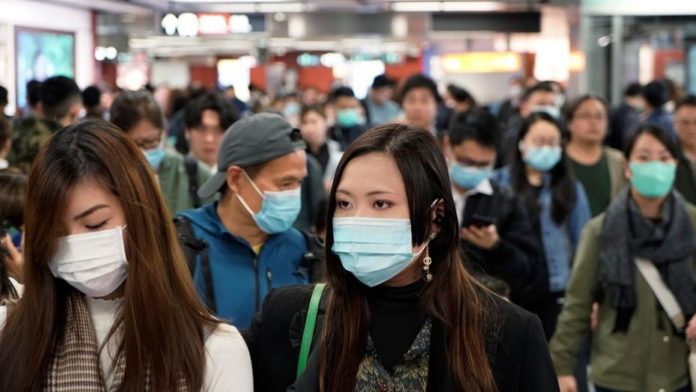Officials at the CDC are asking communities to make plans in preparation for a coronavirus outbreak.
As the number of coronavirus cases continues to grow around the world, officials are now saying it is inevitable that COVID-19 will spread in the U.S. In a teleconference with the media on Tuesday, the Centers for Disease Control and Prevention said the disease is becoming difficult to contain at borders with more than 2,000 cases outside of China. This new guidance on the coronavirus caused the Dow to drop 650 points. Currently, the U.S. has 53 cases, including 40 patients from the Diamond Princess cruise ship in Japan.
Outside of China, coronavirus cases are growing in Italy, Iran, South Korea, Japan, Hong Kong, and Singapore. More than 30 countries in Europe and the Middle East have single-digit confirmed cases of the virus.
Nancy Messonnier, M.D., Director for National Center for Immunization and Respiratory Diseases said Americans need to make preparations for when the disease comes to the U.S.
“It’s not so much question of if this will happen anymore but more of a question of exactly when this will happen and how many people in this country will have severe illness," Messonnier said. "We will maintain a dual approach where we continue to contain the disease while also employing strategies to minimize impact.”
Messonnier is recommending communities prepare for a disease pandemic by creating plans to address exposure. Options for schools include dividing students into smaller groups or canceling classes and moving to distance learning. Businesses would be encouraged to close and have employees work remotely, and large public events and celebrations should be postponed.

First case of the COVID-19 virus in the U.S., courtesy CDC.
There is currently no vaccine for the coronavirus: only treatment to alleviate symptoms. The CDC is recommending people practice the same practices used to stop the spread of seasonal cold and flu.
- Stay home when you are sick and avoid contact with sick people.
- Wash your hands for at least 20 seconds with hot water and soap.
- If soap and water aren’t available use an alcohol-based hand sanitizer.
- Cover your mouth and nose when you sneeze with a tissue.
- Clean and disinfect spaces around your home and office with a household cleaning solution.
Officials stress that the risk of exposure to Americans is still very low at this time, but they would rather communities be overprepared versus underprepared.
